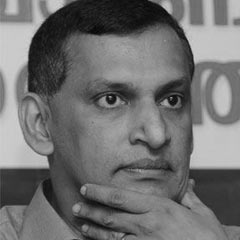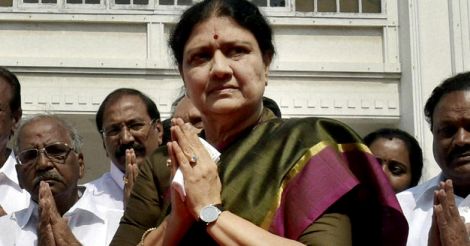The Supreme Court order against V.K. Sasikala and her accomplices raises two uncomfortable questions. Why did the final verdict has to wait until the prime accused died even though the offense happened in early 1990s? Why did the court took so long to give its verdict even though the hearing was completed on June 7 last year?
Coming in the wake of chief minister J. Jayalalithaa’s demise and the political turmoil caused by it, the judgement has led to several misreadings. This could have been avoided.
Indian courts have taken a strong stand against corruption ever since the Prevention of Corruption Act came into effect in 1988. The system was able to sent to jail influential people from Suresh Kalmadi to Lalu Prasad. The Supreme Court even ruled that conviction in a criminal case disqualified a person from contesting the election.
Sasikala’s conviction in a corruption case means she is barred from contesting any election for 10 years.
The judgement in Sasikala’s case, however, stands out for a variety of reasons. Most parts of the judgement resemble an audit report. The trial court had based its findings on precise data and the High Court had little room for disagreement.
Still the High Court acquitted the accused by citing strange, erroneous and unacceptable estimates and findings. The painstaking work done by trial court judge John Michael D’Cunha has been lauded by the Supreme Court in its order. This praise underlines the honesty in judiciary and disowns the logic presented by the high court judge.
The Sasikala affair is unique for an abundance of unmistakable evidence and data. The case was a positive development for the willingness shown by the Karnataka government and some individuals to challenge the high court order that mocked civic sense.
Still the system is not free from lacunae. This case called for early conviction when all the accused were alive. Delayed justice is incomplete.
(The writer is a lawyer in the Supreme Court and the Kerala High Court.)

























 Sasikala | File Photo
Sasikala | File Photo